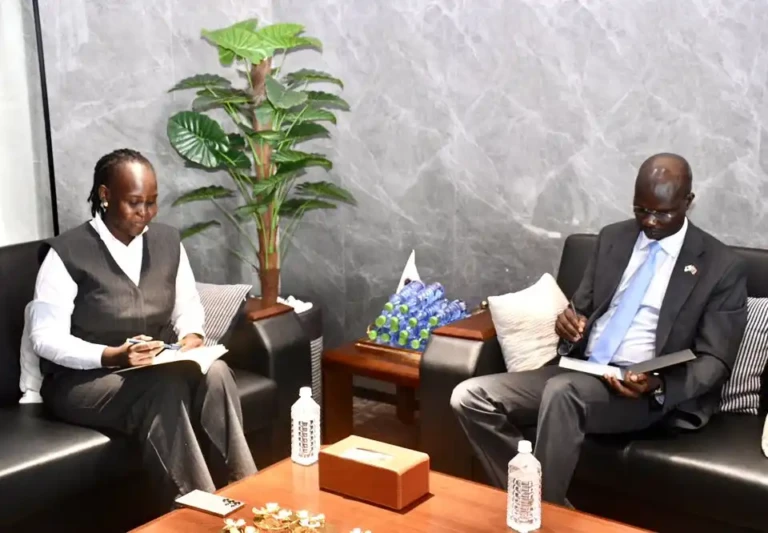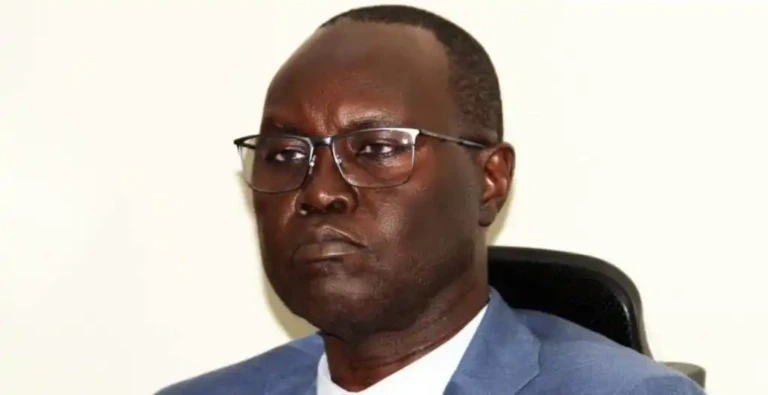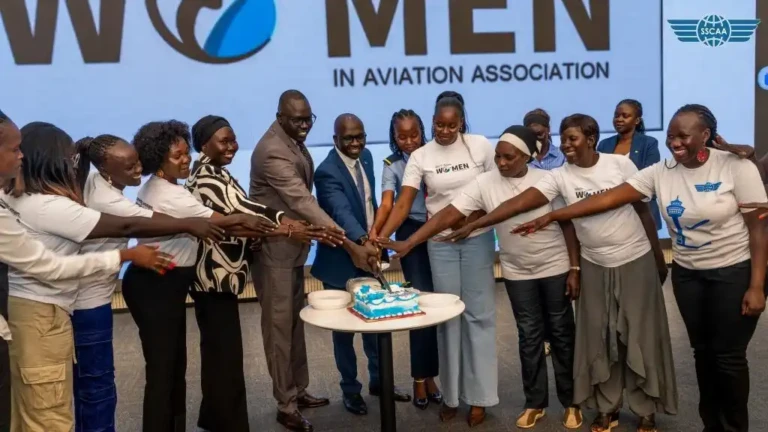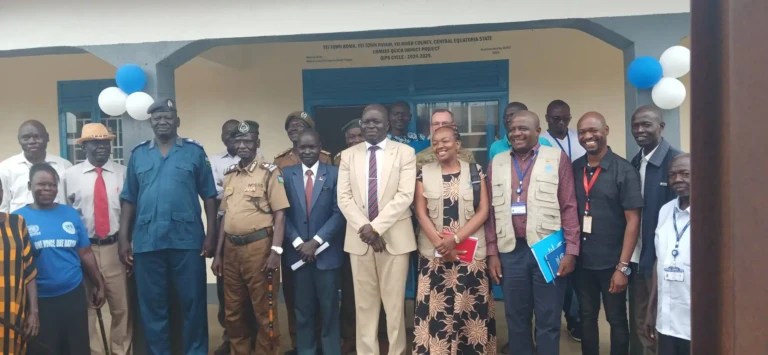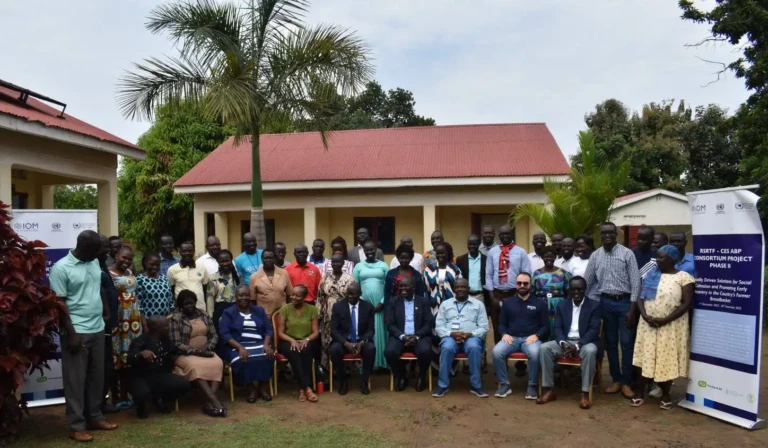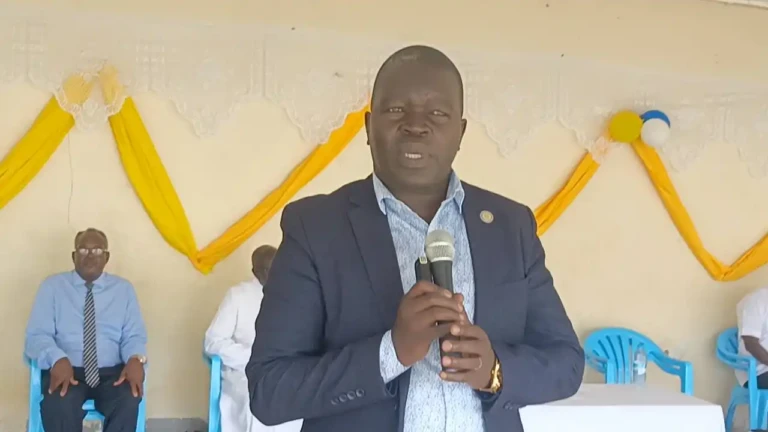
(JUBA) – The Bank of South Sudan (BoSS) has introduced special tariffs for the processing of civil servants’ salaries through bank accounts, aiming to support the country’s move toward a cashless economy. The charges, ranging from SSP 500 to SSP 2,000 (equivalent to $0.11 to $0.44), are part of a new strategy to promote digital payments in a country struggling with insecurity and public sector wage delays.
The tariffs, determined by a committee established in June 2025, are seen as affordable steps to encourage civil servants to adopt banking services. BoSS made the new rates official in a circular dated 4 July 2025, covering banks and fintech service providers.
Below is a summary of the newly introduced salary processing charges:
| Institution | Processing Fee (SSP) | USD Equivalent |
|---|---|---|
| Phoenix Commercial Bank | 2,000 | $0.44 |
| Eden Commercial Bank | 1,500 | $0.33 |
| Nile Commercial Bank | 1,000 | $0.22 |
| African National Bank | 1,000 | $0.22 |
| Horizon Bank | 500 | $0.11 |
| Equity Bank South Sudan | 500 | $0.11 |
| Afriland First Bank | 0.5% of amount | – |
| Commercial Bank of Ethiopia | 0.3% of amount | – |
| MTN Fintech (MoMo) | 2% of amount | – |
| Digitel Digicash | 1,000 | $0.22 |
Juba’s shift toward digital transactions is supported by ongoing government policies aimed at discouraging the use of physical cash. In addition to the new tariffs, the central bank is pushing for greater use of mobile money platforms, debit and credit cards and interbank transfers. The aim is to reduce reliance on hard currency, ease pressure on printing and circulation costs and curb corruption through more traceable transactions.
The initiative comes against a backdrop of long standing economic difficulties. Since 2015, South Sudan has faced criticism both domestically and internationally over delayed salary payments for civil servants. At the same time, over-reliance on oil revenues and low public trust in commercial banks have compounded the situation.
Last month, BoSS formed a joint committee with representatives from banking institutions and telecom operators to develop effective digital salary processing systems. During a meeting held on 12 June 2025, the team discussed ways to integrate mobile money with traditional banking, improve transparency, and rebuild trust in South Sudan’s banking system.
In September 2024, BoSS imposed a cash withdrawal cap of SSP 10 million (approx. $2,206) per individual or institution to encourage electronic transactions. However, that limit was lifted in December 2024 to prevent further damage to the already strained economy. The regulator hoped banks would attract deposits by offering interest to prevent hoarding.
Despite the challenges, BoSS continues to urge the public to embrace digital platforms, citing benefits such as low fees, convenience, and the creation of individual credit histories. However, widespread cash hoarding continues to affect liquidity in the banking sector.
According to the International Monetary Fund (IMF), the South Sudanese economy is expected to slowly recover following the resumption of oil exports in April 2025. Exports had been halted for more than a year due to pipeline damage caused by the conflict in Sudan. Although the economy contracted during the 2024/25 financial year, growth is anticipated to return in 2025/26, supported by improved oil revenue and gradual restoration of fiscal stability
Key Economic Measures and Developments
| Policy/Event | Details |
|---|---|
| Salary Processing Tariffs | SSP 500–2,000 ($0.11–$0.44) |
| Mobile Money Integration | 2% charge (MTN); 1,000 SSP for Digitel |
| Cash Withdrawal Cap (Sept 2024) | SSP 10 million ($2,206), later lifted |
| Oil Pipeline Restart | April 2025, after conflict-related damage |
| IMF Outlook | Gradual recovery in 2025/26 |
| Public Sector Concern | Delays in civil servant salaries |
Discover more from Access Radio Yei News
Subscribe to get the latest posts sent to your email.

